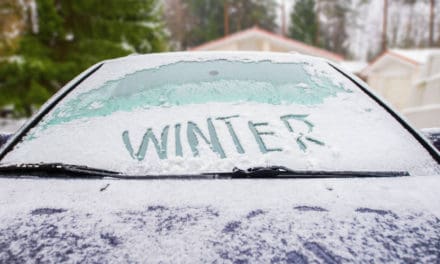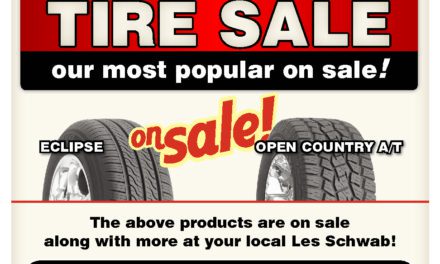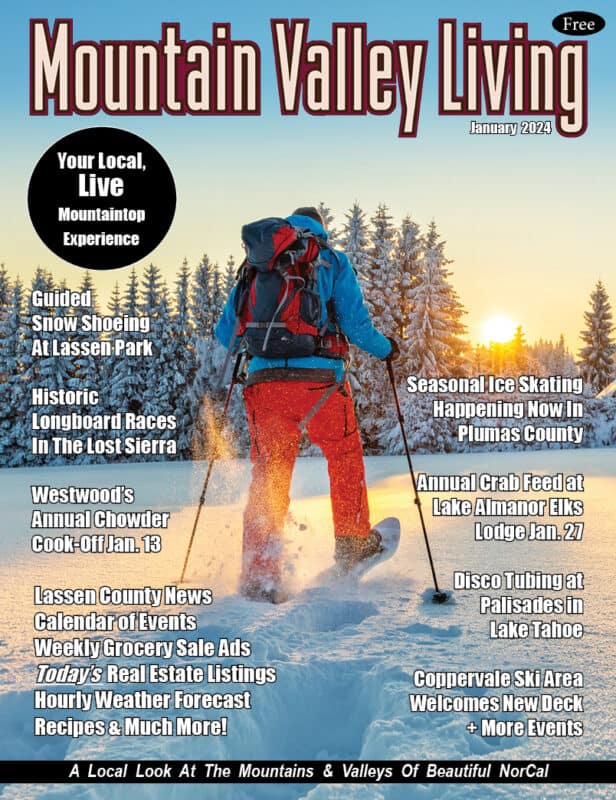By Paul Romesburg
[media-credit name=”MVL” align=”aligncenter” width=”300″] [/media-credit]Today we tend to be in a perpetual rush, thinking about things we find more important than preparing our vehicles for a change in weather. While spending time at an auto shop may be inconvenient, it could save you hours of being stuck on the side of the road in winter cold or summer heat.
[/media-credit]Today we tend to be in a perpetual rush, thinking about things we find more important than preparing our vehicles for a change in weather. While spending time at an auto shop may be inconvenient, it could save you hours of being stuck on the side of the road in winter cold or summer heat.
A bumper to bumper visual inspection is highly recommended before taking a trip. Something as easy to fix as a failed hose or belt can leave you on the side of the road. Vehicle lights fail just like the lights in your home. You turn on the light and it pops without warning. Did you know you may get a ticket for having even a license plate light out?
The heating and air conditioning systems use the same ducts and blower motor. If air is not being directed correctly to the windshield, insufficient defrosting and diminished visibility will occur. Most vehicles today have air filters called cabin air filters that can cut down on air flow if dirty.
The quality of windshield washer fluid you buy does matter. Have you ever driven behind another vehicle in the rain or snow and found your windshield washer system not working? Do you live in an area that never gets below 32 degrees outside? Many large “box” stores sell washer fluid good down to plus 32 degrees ambient temperature even in the winter. Most parts stores carry zero degree or subzero degree windshield washer fluids. Ask your repair center the freeze point of the fluid they are putting in your vehicle. You may have the reservoir filled in June, but not use it until October – do you have the right fluid in the reservoir?
Windows, doors, locks, and handles can freeze and break if you try to force them in extremely cold weather. The old fashioned cure was warm water. However, too warm of water may crack the glass or cause other damage. Box stores, parts stores and some hardware stores sell glycerin based de-icers. Think about where you keep it-if the de-icer is in the glove box what good would that do you? We recommend you have a small can in the office or in your home for your convenience.
Your battery, terminals and cables should be clean and tested as failure most often occurs when it is coldest outside. Other fluids freeze points should all be inspected as extreme temperatures can create condensation in reservoirs and lines which break down the fluids and make them less efficient.
Everyone should have an emergency kit in their vehicle. It is recommended to have flares, drinking water. a first aid kit, blankets. clothing. boots. a battery operated radio, engine oil, washer fluid, coolant and a flashlight. Just like your smoke alarm batteries in your home you should check or change your flashlight and radio batteries before every trip.
Small and inexpensive things today could prevent a tragedy tomorrow. An ounce of prevention is worth a pound of cure! Have a safe, and worry-free of a trip.












